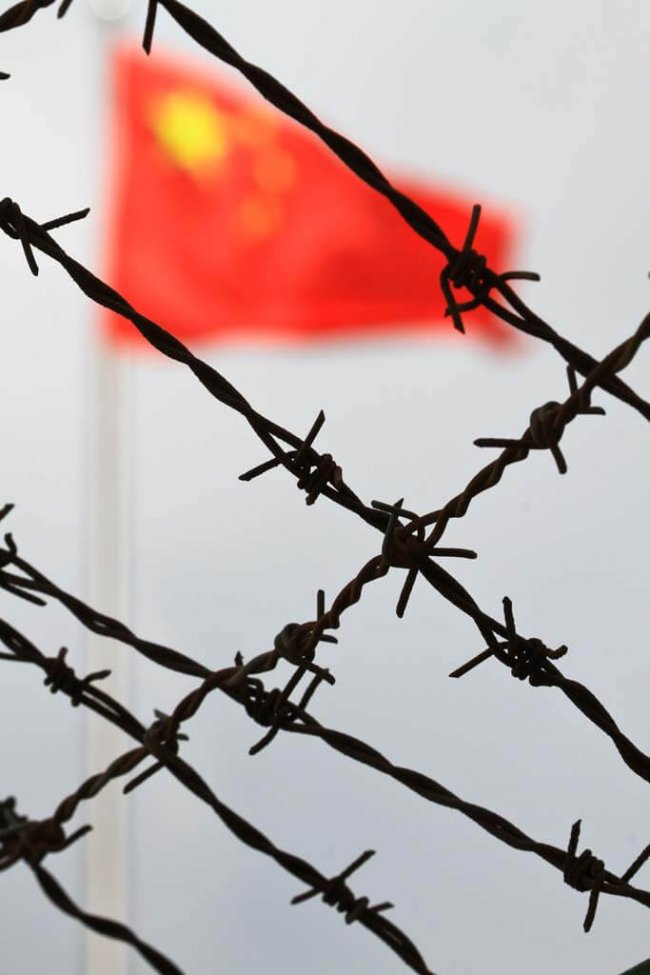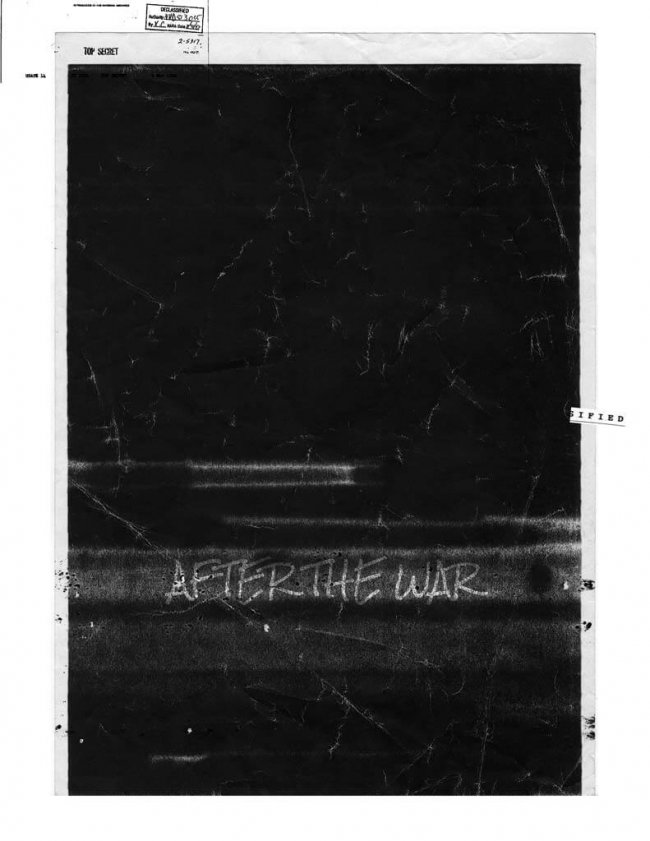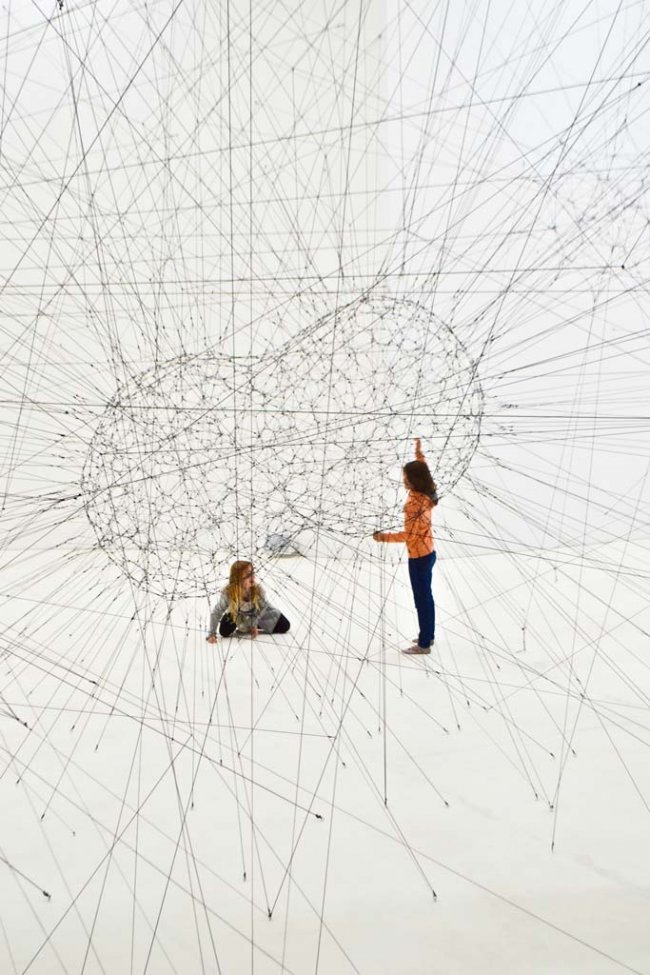ARNOLD RICHARDS: A SPIRIT OF ACTIVISM by Aneta Stojnić
In the lead up to our anniversary issue, I’ve had the pleasure of talking to Arnold Richards. A recipient of the 2000 Mary S. Sigourney Award and the 2013 Hans W. Loewald Memorial Award, Dr. Richards is a leading figure in the democratization of psychoanalysis and in bringing psychoanalysis to the world at large.










